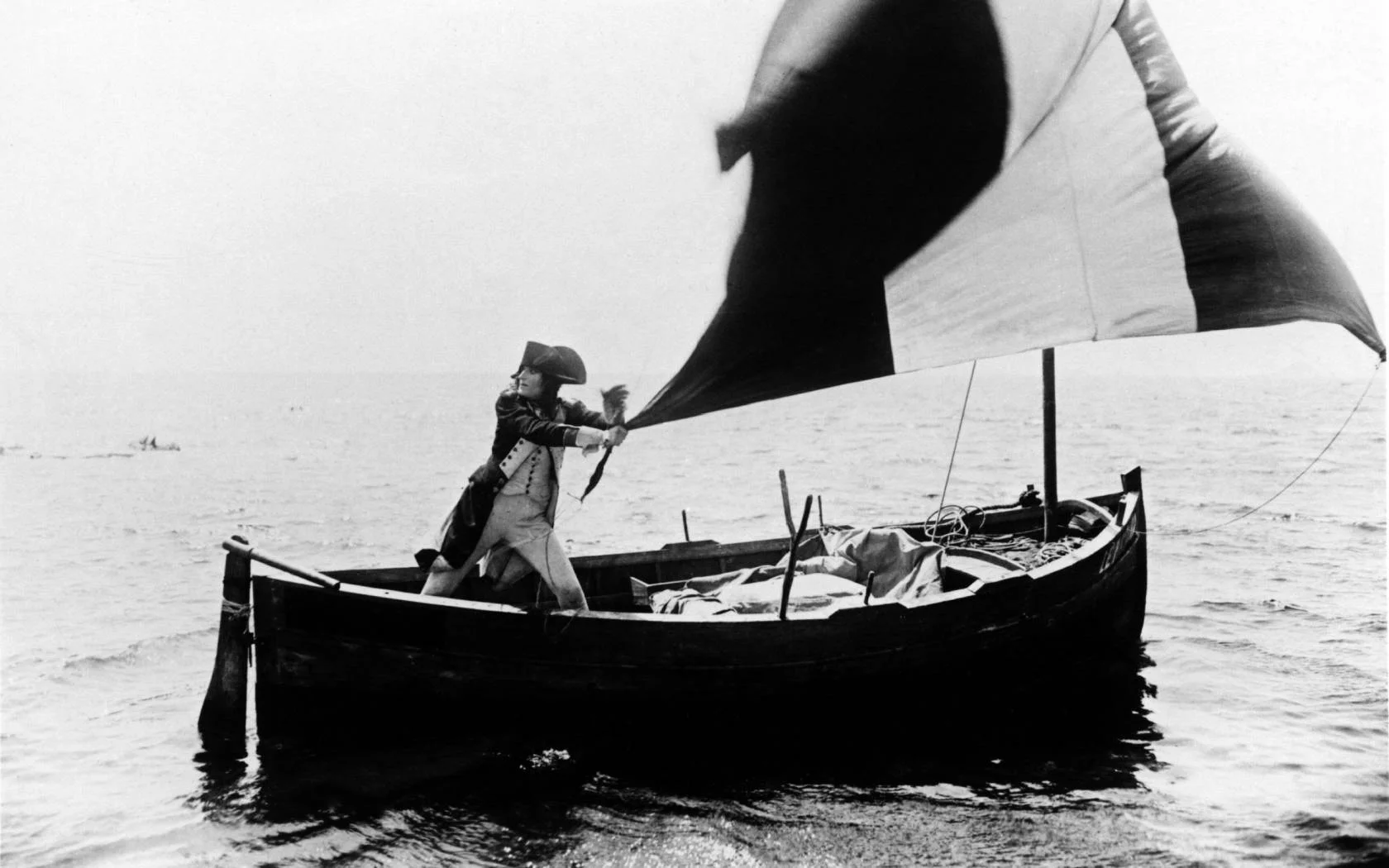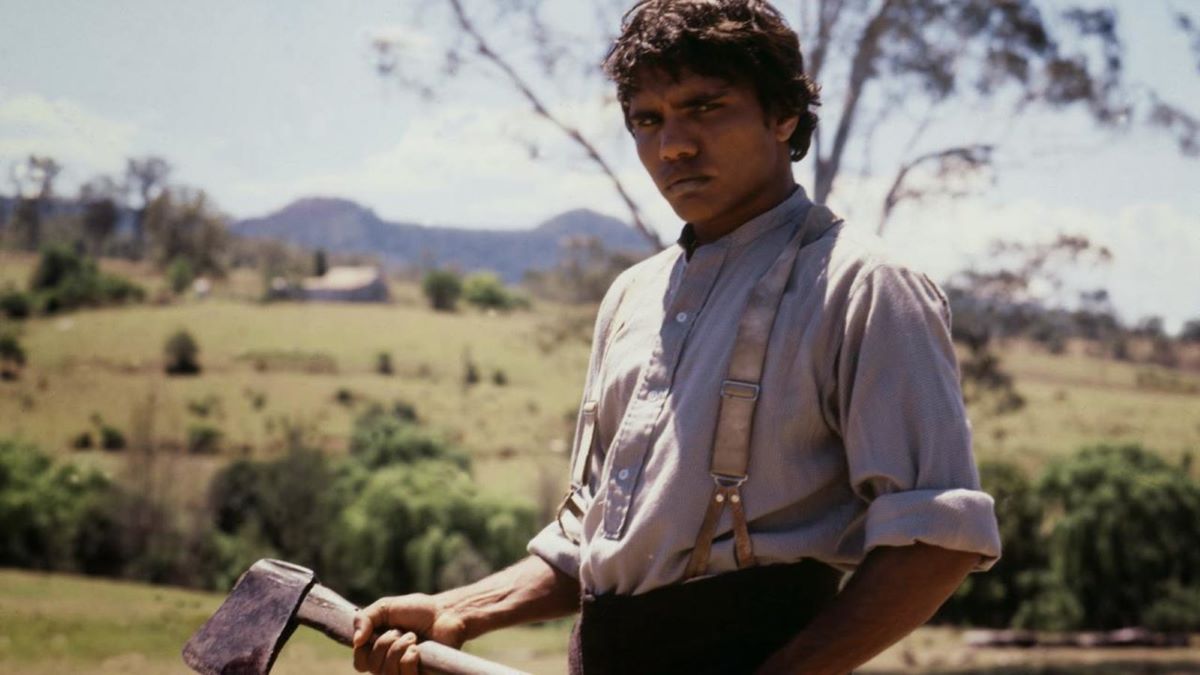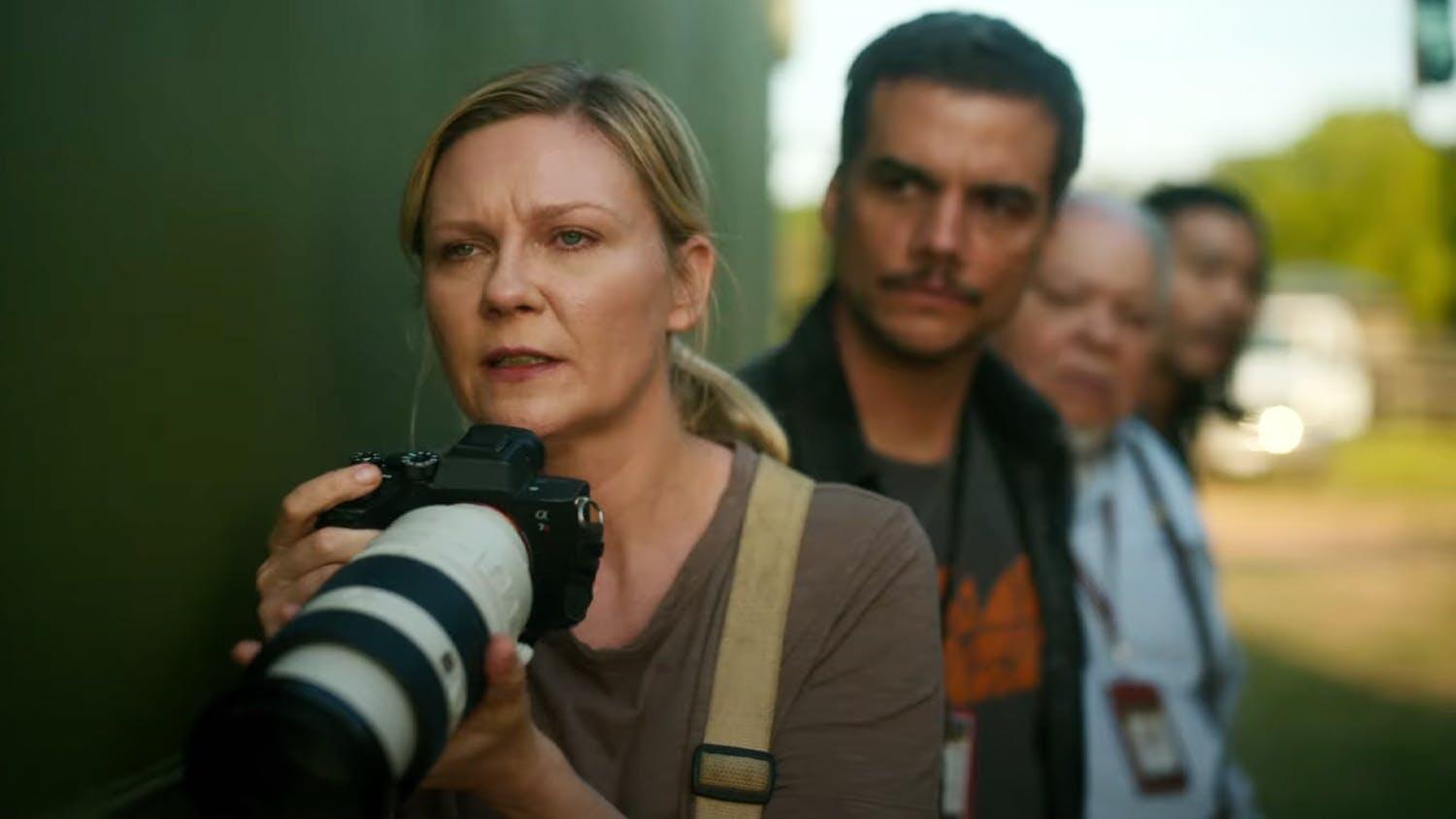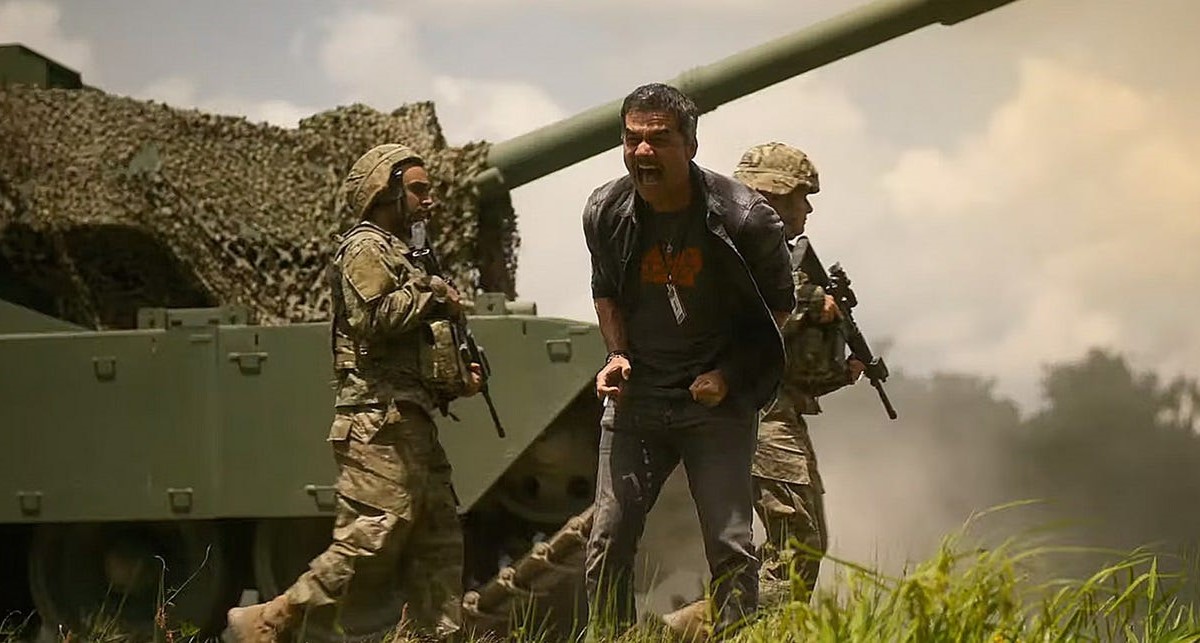The movies that split people down the middle, put in the Empire dock…
PROSECUTION: SIMON BRAUND
Ladies and gentlemen of the jury, there is nothing wrong, per se, with mawkishly sentimental vanity projects — aside, perhaps, from their inherently mawkish sentimentality: after all, the late, lamented Michael Landon, creator of beloved children’s television programme Little House On The Prairie, made a career out of them. There is, however, something very wrong indeed in setting your mawkishly sentimental vanity project against a backdrop of inconceivable human suffering and industrialised mass murder. But let us be fair to Sr. Roberto Benigni, whose mawkishly sentimental vanity project comes before us today. Only half of his film is set in a Nazi death camp; the first half is tolerable romantic whimsy making much use of its star’s overrated accomplishments as a physical comedian. It is the second hour that is on trial here.
In this, Sr. Benigni’s character, the child-man Guido, attempts to shield his five year-old son from the reality of the Holocaust by convincing him that it is all a game, assuring him that if he accrues 1,000 points he will win a tank. I’m sure it will strike you — although it obviously did not strike Sr. Benigni — that, although at no point does the film make light of Nazi atrocities, this is at best crassly inappropriate and at worst monumentally disrespectful both to those who survived the camps and to the millions who lost their lives there. One can only imagine — in fact, one cannot possibly imagine — the unbearable agony nonetheless borne by those camp inmates who could not, however desperately they must have wished they could, spare their children the horror of their situation. How, exactly, does one explain away a mountain of skeletal corpses and the perpetual stench of death as part of a game? To condemn Sr. Benigni at this juncture on grounds of mere implausibility would be akin to criticising Mahmoud Ahmadinejad for his terrible taste in jackets.
May I now direct your attention, ladies and gentlemen, to the movie’s tagline. I put it to you that were anyone to spout such patent balderdash while under oath in a court of law it would constitute perjury. There is a moment in Schindler’s List where Schindler and Stern attempt to discuss the slaughter of the Jews without using the word ‘murder’. “Do we have to invent a whole new language?” asks an exasperated Schindler. “I think so,” murmurs Stern.
With that in mind, before returning an inevitable verdict of guilty, I’ll invite you to supply, if you can, a fitting adjective for the act of staging a comic film in the shadow of the gas chambers and, without a trace of irony, calling it Life Is Beautiful. To my mind, one has yet to be invented. In closing, I would ask you to consider Sr. Benigni’s allegedly spontaneous antics on accepting his Oscar for Best Actor. It is a performance he repeated precisely on several comparable occasions and is, thus, an appropriately self-serving and disingenuous tribute to this revolting film.
* * *
DEFENCE: HELEN O’HARA
Ladies and gentlemen of the jury, I submit to you that my learned friend’s closing remarks are the true basis of his case. Roberto Benigni’s exuberant performance on winning his Oscar is the reason that the popular and critical community has turned on his film, which received overwhelmingly positive reviews on release. The director and star’s enthusiasm was adjudged tasteless by the Academy, which considers an expression of po-faced piety more appropriate when winning an award for a film based on serious subject matter. If Benigni’s seat-climbing appeared to border on triumphalism, so too did James Cameron’s “king of the world” comments on winning for Titanic. Perhaps those remarks are more quickly forgiven in the wake of that ship’s commercial success and the fact that Cameron, at least, isn’t foreign.
But leaving aside such peripheral issues and watching Life Is Beautiful as a film, its many virtues become apparent. The first is that this is a fairy story, a fable, a tale of the survival of hope amidst horror and innocence amid tragedy. The prosecution may feel that to dare to talk about such qualities during the worst chapter in human history qualifies as “mawkish”, but the jury knows that another word for it is “inspirational”.
The mistake that my learned friend makes is in reading Benigni’s character, Guido, as a simple clown. He is not. He is a man who has seen the worst sides of humanity and chosen to respond with laughter. In the magical love story of the film’s first half, for example, Guido may ride in on a white horse to save his “principessa”, but it’s a horse that has been scrawled with anti-Semitic insults. As a metaphor for rising above discrimination, such plotting may be a little on the nose, but that doesn’t mean he is unaware of the darkness beneath.
Most crucially, Benigni is not laughing at the Holocaust, its victims or its perpetrators. There’s desperation under Guido’s persistent attempts to convince his son that their imprisonment is just a game. He has to — if young Giosue realised how desperate and dangerous the situation really was, if he became scared and started to cry, the camp guards would surely hear and kill him. Guido’s efforts are an attempt to save his son’s life and, for it matters almost as much, to protect him from the full nightmare of his plight. What could be nobler?
My learned friend sees in this a criticism of those millions who were unable to save their own children from the camps, but that is churlish. This film celebrates the hero — and Guido is a hero, at least for his son. Real people caught in the death and degradation of the Holocaust accomplished as much as he, and this fable implicitly celebrates them for persisting when the world was at its worst, convincing themselves that, as long as hope and love survive somewhere, life is beautiful. My learned friend is right to say that there is not a trace of irony in that title — it is something to aspire to, and the reason that you must vote to acquit.
Empire, January 2008




